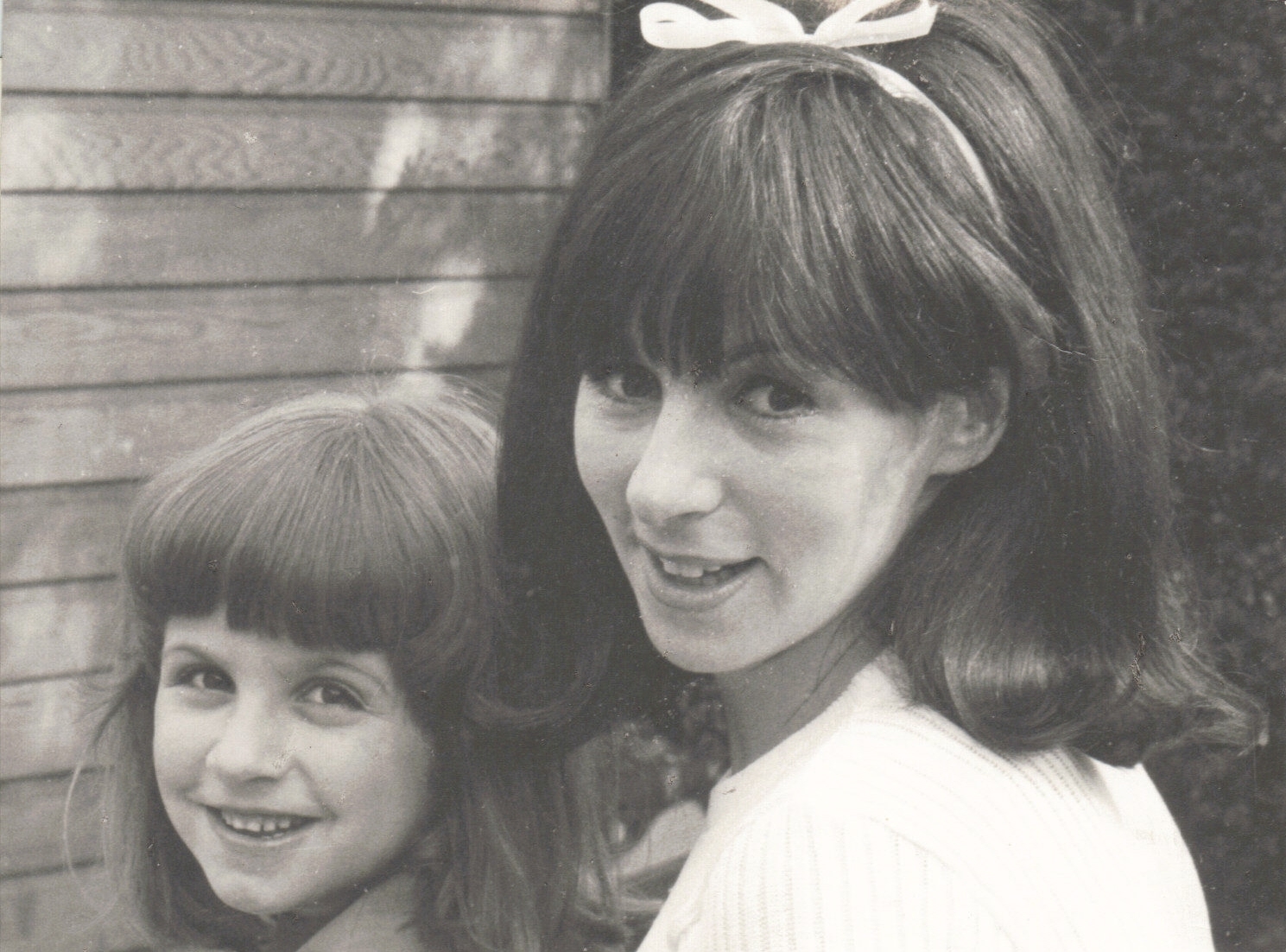Starting blocks? Induction programmes alert!
So this successful businesswoman dies and goes to heaven. Welcoming her, St Peter says, “No senior executive has ever made it this far before, so take a day in heaven and a day in hell and make up your own mind.”
Heaven is wonderful: harps playing, fluffy clouds, romantic songs, contentment. Next day, she takes the lift down to hell. The doors open onto the lobby of a beautifully-appointed hotel, with every luxury imaginable. Surrounded by old friends, she enjoys a champagne dinner and dances with the devil, who turns out to be a real fun guy. Afterwards, she heads back to St Peter.
“So?’ he asks, “which is it to be?”
‘I’m amazed,” she replies, “but it has to be hell.”
When she goes back down, the lift doors slam behind her and she is standing in a desolate wasteland, surrounded by scorched earth; her friends dressed in rags and wailing in doorways.
‘What’s happened?’ she cries.
The devil smiles. “Yesterday we were recruiting you,” he says, “today, you’re staff.”
First impressions count…
Alison, 24, is a Customer Services executive with a small retail company. Her first job was with a larger corporation and her disastrous start there is a textbook example of how not to welcome new employees.
“I hated it,” says Alison. “By day three I left.” What did the company do to cause that? “It’s what they didn’t do,” she explains. “The department manager asked someone from HR to show me the ropes but she went off sick, just leaving a list of people to meet. No-one even showed me around. I knew they were looking for resourceful people, but psychic I’m not!”
Alison found the large building daunting: “Every floor looked the same – rows of cubby-holes separated by high screens. People were meant to put nameplates outside their area but usually it was on their desk and you were practically sitting on their lap by the time you got close enough to read who they were. Most people were too busy to talk to me. I ended up just waiting while they were on the phone or the computer. I went home in tears the first two days, and I’m not a wimp. I just felt lost – in all senses of the word.”
The last straw came when Alison was sent for her medical and couldn’t find the Doctor’s office: “Turns out it was in Building B, but they left that part off the note. The next morning there was a fire drill but after it, I didn’t go back in – I went back to the recruitment agency.”
Alison learned from that experience. In her current job she takes special responsibility for new joiners, ensuring that they are given a proper introduction to the company when they arrive. “We give them a chart showing the layout of the building and make sure we show them all the important places first, like toilets and coffee rooms..”
A good induction programme will start at the point of offer acceptance with comprehensive joining instructions and information such as company profiles, annual reports, corporate videos and organisation charts showing how departments inter-relate. The first few days should include introductions to all the key people and departments and plenty of opportunity for question-and-answer sessions.
Many companies use mentoring: assigning one person to a new joiner to be a constant point of reference during their induction period. If you ever mentor a new starter, remember how you felt on your first day. Think about what someone unfamiliar with the building layout needs to know. Walk them around. Reassure them that it’s no problem to ask a few times if they forget people’s names or where things are.
“Induction needs to be structured carefully, bearing in mind that we only take in so much new information at any time,” says Dr Lesley Morris, an occupational psychologist. She says the best approach a company can take is to treat employees as customers. “All companies want their customers to feel valued – that’s the key to generating the all-important repeat business. There’s no difference with your employee base. It’s your most valuable asset and needs to be nurtured from the start. The same energy you put into PR and pre-sales activities needs to go into employee orientation.”
Dr Morris sounds a cautionary note to employers: “You spend a lot of money on recruitment to ensure you are attracting the right people into your organisation. From the day they start, you have to show them that they also made the right choice when they accepted your offer.”
Alison agrees. “We all have the same insecurities when we start something new,” she says, “no matter how far we have progressed. That’s why induction programmes are so important for all new employees, no matter how senior they are. Your industry may be familiar to them, but your company and its environment won’t be. We all have that first day.”
 Tel 07876 228 254
Tel 07876 228 254

